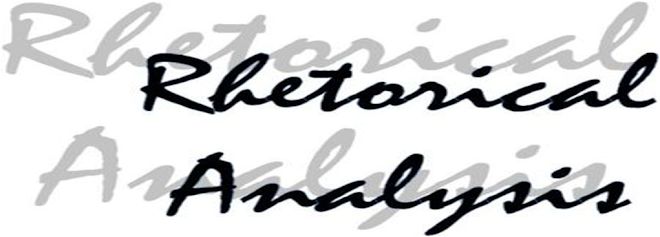The legitimacy of an argument can be formulated by the author’s credibility, their ability to appeal to their reader’s emotions, and by using logic. This type of appeal is called Logos. Paul Paryski, author of “The Negative Effects of Smoking on Bones, Joints and Healing” analyzes a subject which has not been touched thoroughly. He discusses the negative effects of smoking and how they affect our bones and joints and the healing process. In this article, Paryski uses logos to enhance his argument in showing the effects of smoking by using relevant facts and evidence which many believe to be acceptable.
The world has already familiarized itself with the knowledge that smoking has harmful effects to oneself and those around you. There are many studies and records proving that smoking leads to lung cancer and respiratory problems, yet, people continue to smoke. Two scientists have recently looked farther into the effects of smoking on their body. Paryski refers to these scientist’s conclusions, enhancing his credibility and ethos which in turn increases his logos because readers can trust his argument and become more convinced. Based off 82 studies, these scientists concluded that “healing is affected by smoking. [An] adequate degree of oxygenation is necessary to form mature collagen, which closes wounds...[and] smoking reduces the blood flow and the amount of available oxygen in the tissues under the skin” (par.5). Therefore, they are stating that when somebody smokes, they lose oxygen, affecting the ability to heal the body. Clearly, these facts and conclusions are logical. Readers have a strong reason to believe that smoking effects healing, therefore, his argument and use of logos becomes more acceptable.
One conclusion that Paryski addresses from the scientist’s discoveries is the greater effect of smoking on older people. Logically, this makes sense. Older people’s ability to recover from mishap and harm is significantly weaker than a strong adolescent. This is common knowledge and is an accepted part of life. Because their studies have shown how smoking creates problems for healing, the elderly will have an even harder time just due to what their body is capable of doing. Common knowledge enhances a logical argument because the reader can agree with what the author has to say. Therefore, the logos in this article increases.
Evidence is important in persuading an audience of the reader’s argument. In Paryski’s article he states that “smoking decreases the amount of oxygen available for the brain and the body tissues, including those of the musculoskeletal system. Analysis of the studies showed that the related adverse effects are: decreased bone density, lumbar disk problems, higher risk of sustaining hip and wrist fractures, a high risk of failure of bone fusion in fractures and grafts, low back pain, decreased wound healing ability, increase risk of postoperative infection” (par.9). These conclusions were based from studies whose purpose was to try and understand more effects of smoking than just the respiratory system. This conclusion and evidence allows readers to believe Paryski in his argument that there are effects of smoking on bones, joints, and healing.
One other inference readers can make from this article is that the study of smoking effects on bones, joints, and healing is very recent. This increases the ethos of Paryski’s article because readers can recognize that not much research has been done and there will be more to come in the future. Logos, or the use of logic, allows this article to be understandable and relatable.
"I Have A Dream"
16 years ago

No comments:
Post a Comment